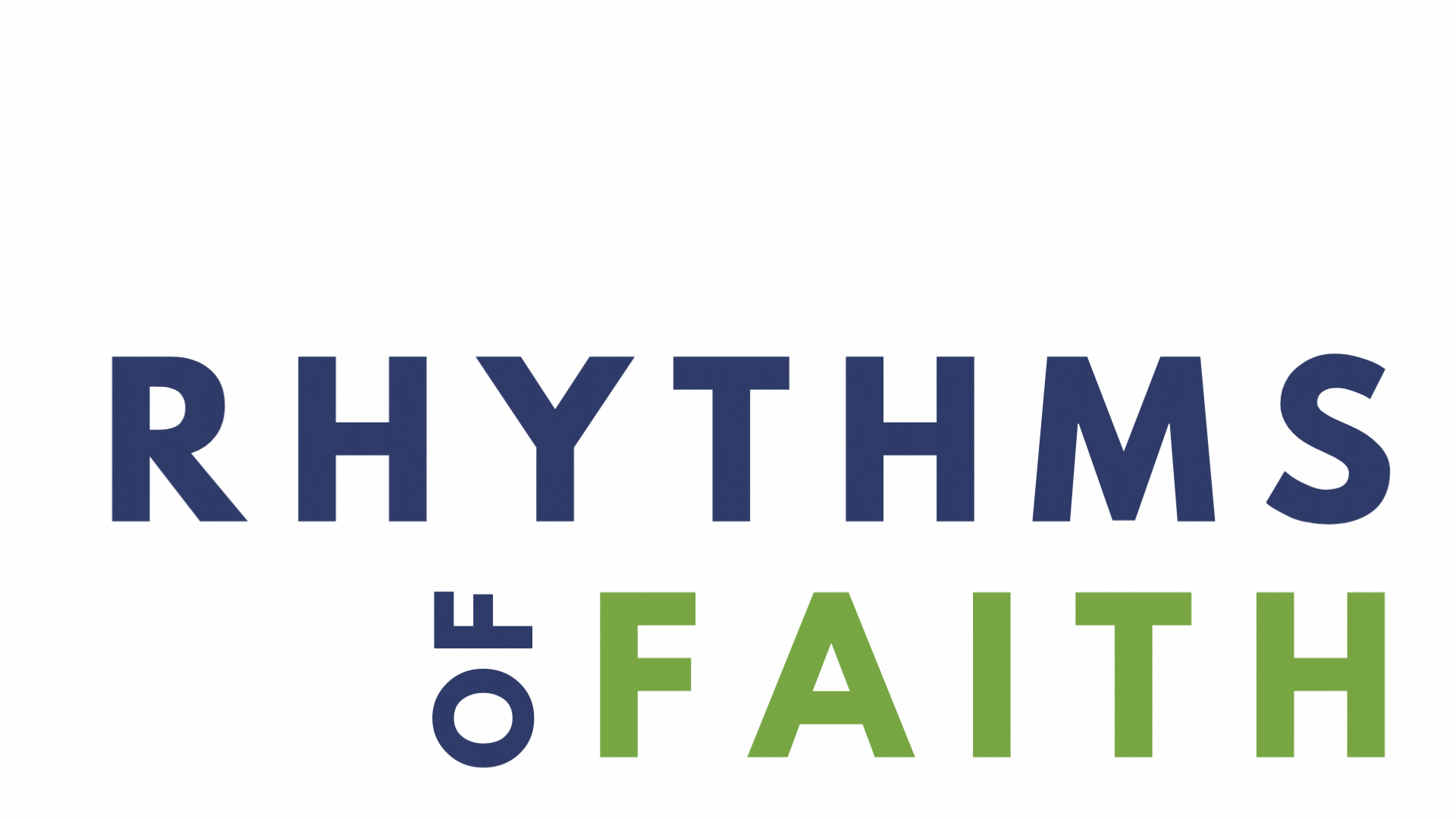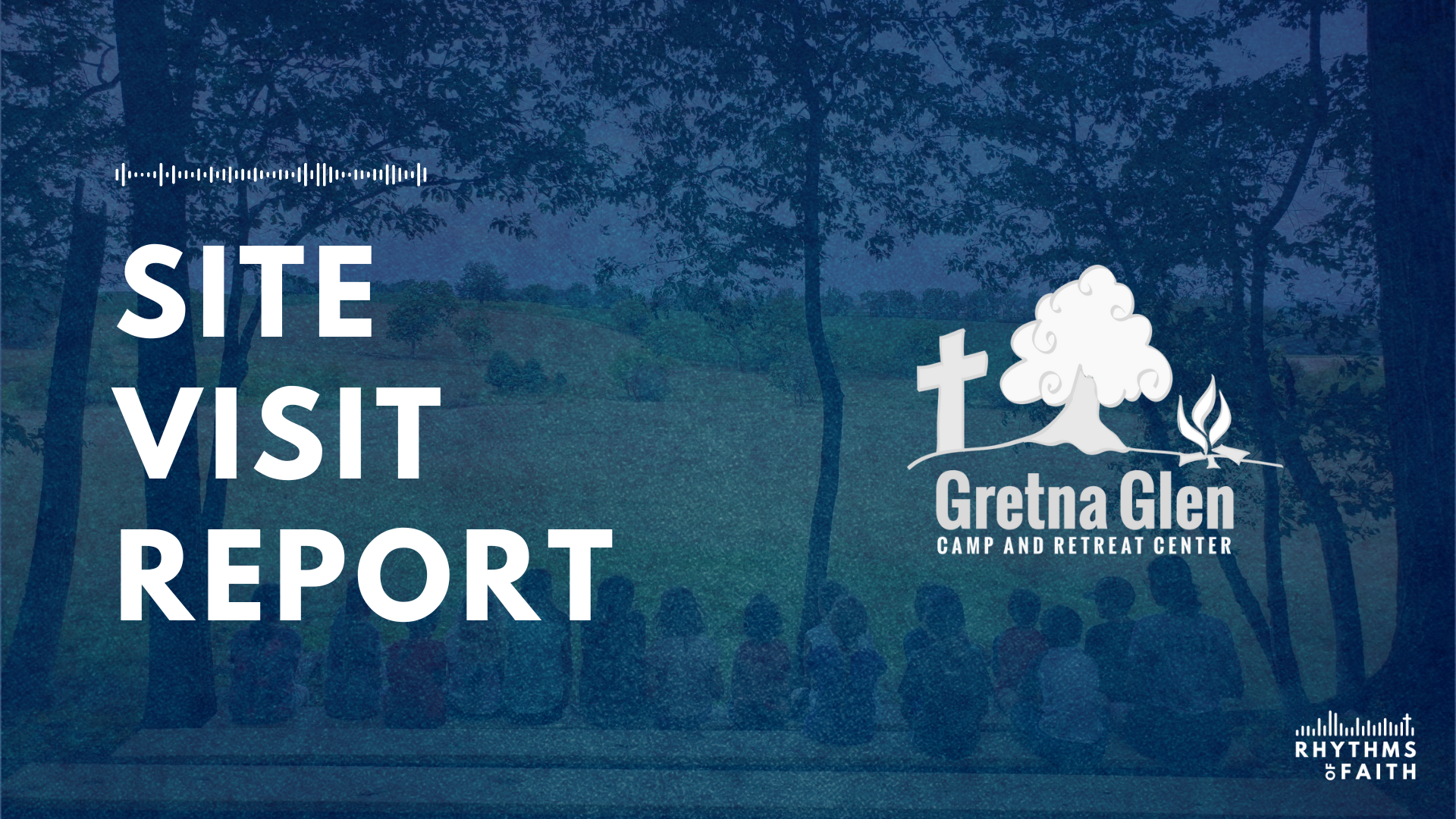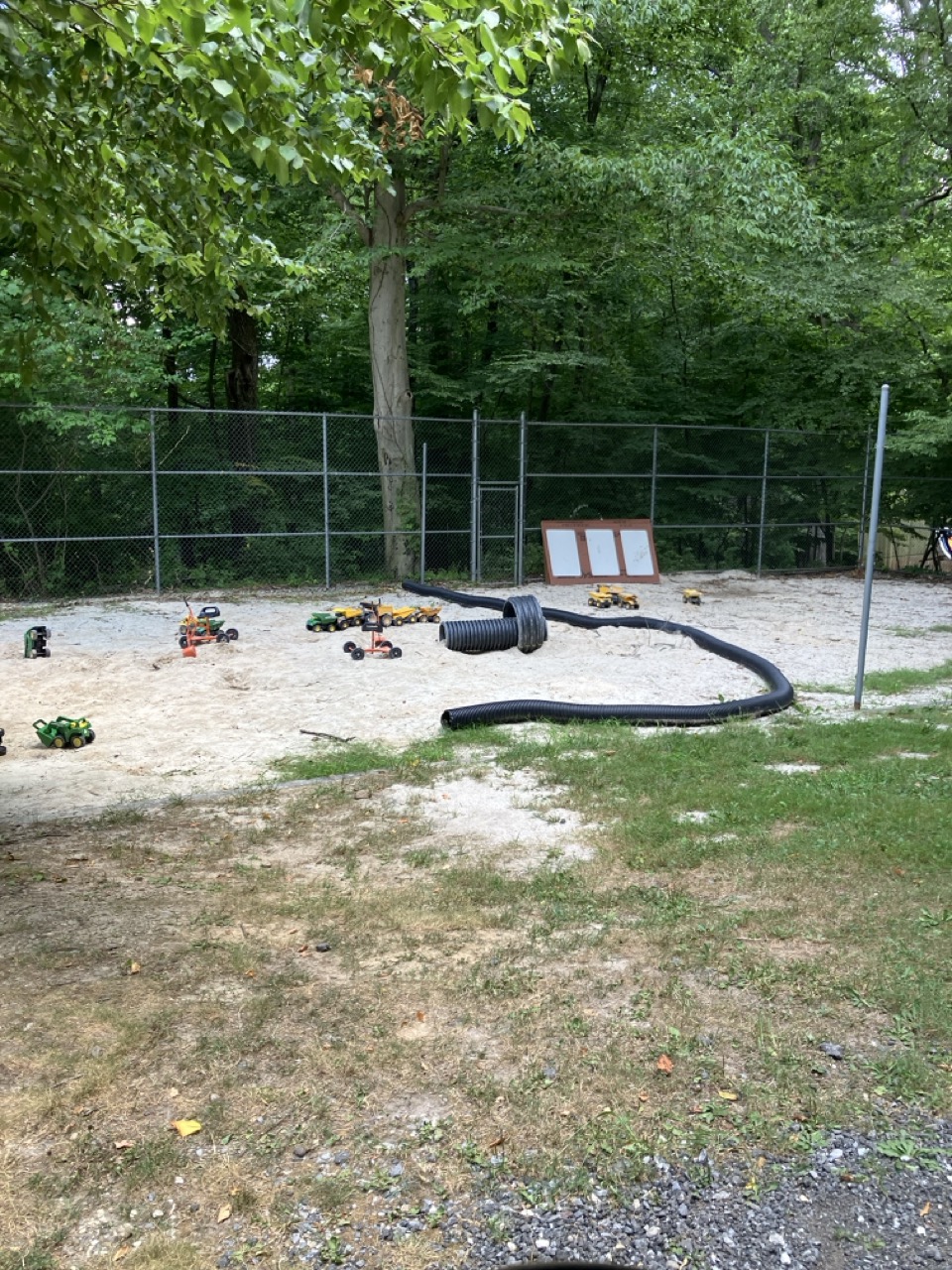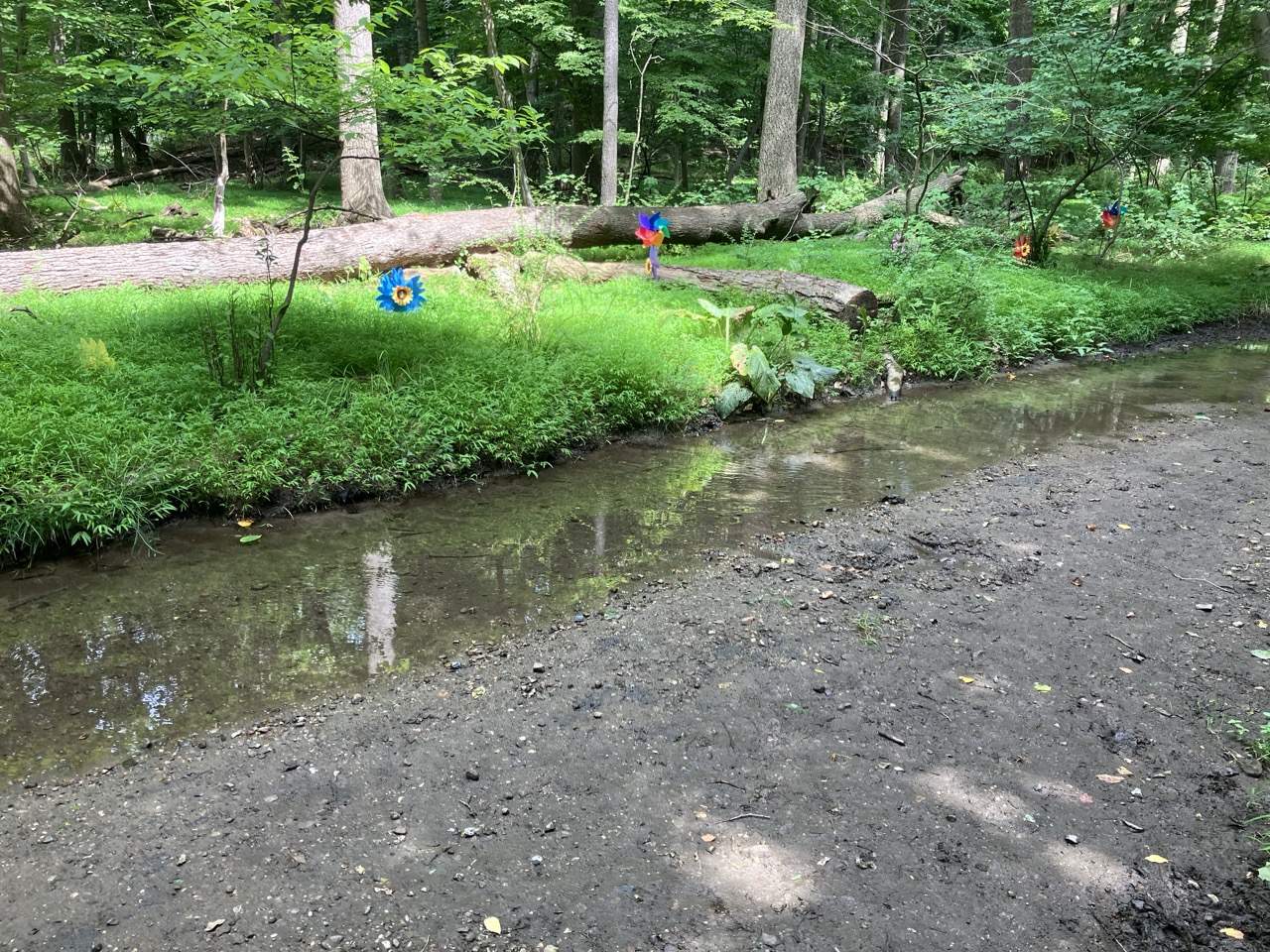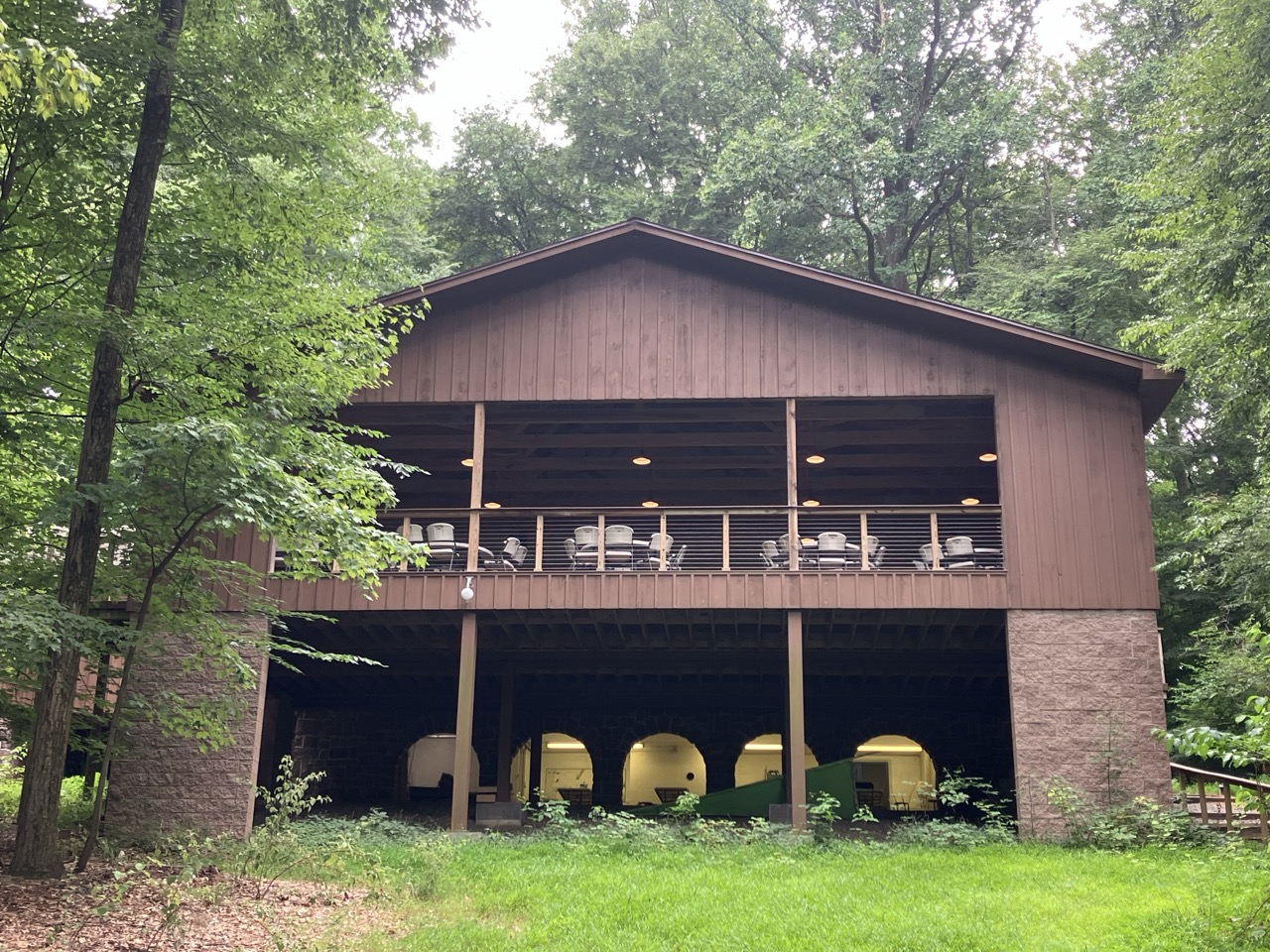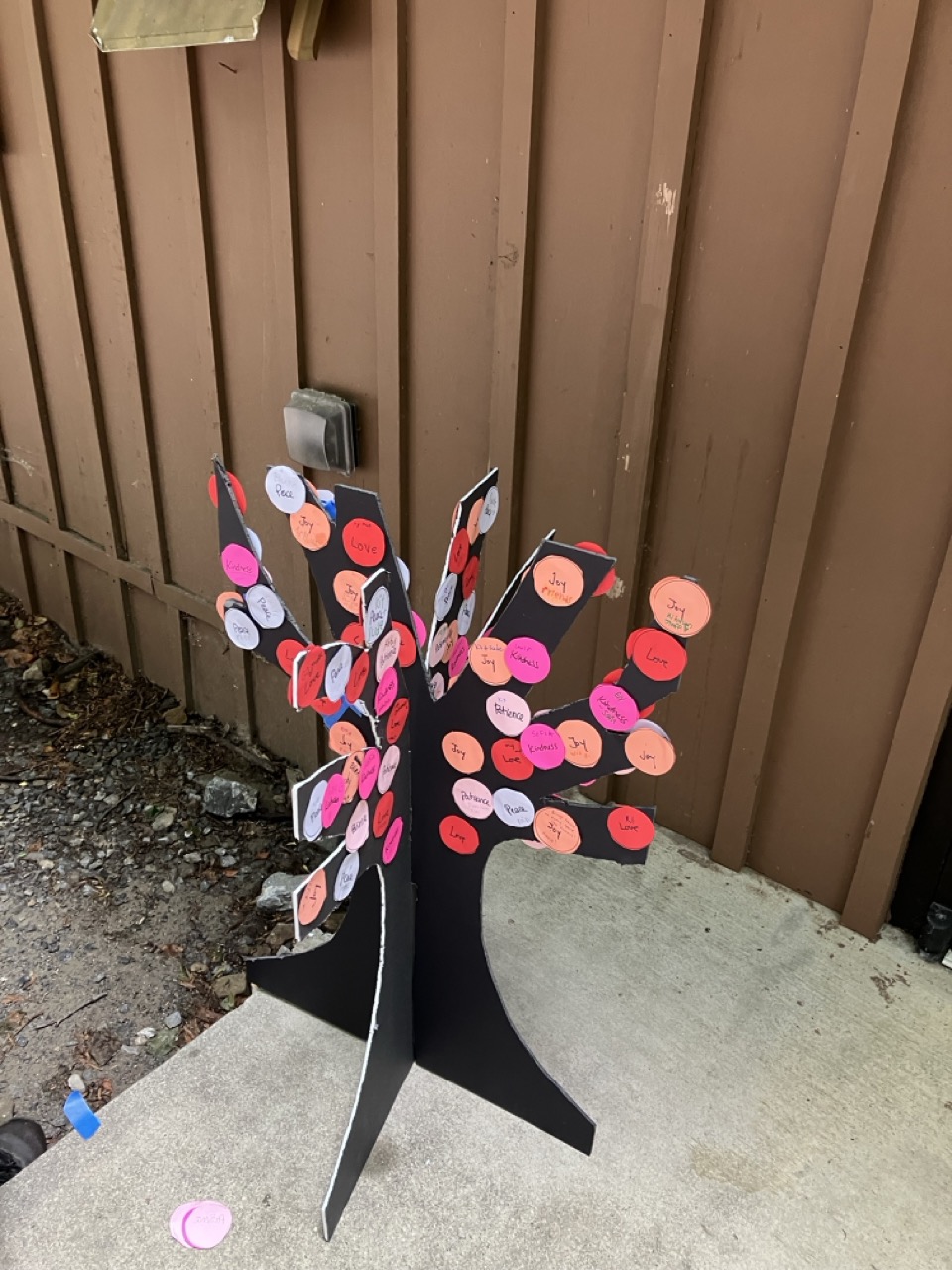Welcome to Gretna Glen
“Hello, Rachael.” “How are you today, Rachael?”
“Can I get you anything, Rachael?”
I heard phrases like this so much that I had to remind myself that I was not, in fact, in the south. I was at Gretna Glen Camp and Retreat Center in Lebanon, Pennsylvania, where I was experiencing the kind of authentic hospitality that many people lovingly refer to as “southern hospitality.” On my last day at camp, I realized that I had yet to encounter an angry, negative, or disgruntled staff member – everyone I interacted with over the course of my 48-hour visit exuded hospitality and positivity. This hospitality and desire to welcome people from all walks of life are some of the things that makes Gretna Glen special.
Gretna Glen is one of four camps in the Eastern Pennsylvania Conference of The United Methodist Church. Like many United Methodist camps, it was founded on the site of a camp meeting ground that dates back to the late 1800s. Unlike many other camps, it has maintained some of the core camp meeting traditions like a focus on the outdoors, intergenerational ministry, and engagement of volunteers from the community. The camp now serves more than 600 campers in overnight programs each summer, along with day camps, a thriving family camp, and year-round retreat programs.
A Reasonable Alternative: Outdoor Play and Faith Formation
I traveled to Gretna Glen as part of the Rhythms of Faith Project, which is investigating camp’s role as a catalyst for family faith formation. I arrived on Wednesday morning right before lunch, and after meeting some of the core staff team, hopped into a golf cart for a tour of the 200-acre site. In addition to a modern, well-developed main site that is highly accessible and easy to navigate, our tour took us down many well-trodden but forested pathways in heavily wooded areas. Within the first hour, I had already put my finger on an important aspect of Gretna Glen’s culture – outdoor engagement. From the “Gretna Glen Construction Zone” (which I longed to bring my own children to!) and the imagination garden to gaga ball, a simple pool, a handful of canoes on a small pond, and a semi-outdoor “craft cave,” campers have no reason, and seemingly no desire, to spend much time at all inside. Even the dining hall provides an option for outdoor engagement, with a beautiful, covered deck attached to the main indoor (and air conditioned!) room.
To be sure, Gretna Glen offers many of the traditional camp activities and modern amenities, but they are embedded in a site and a program that gives campers the opportunity to choose a from a variety of different opportunities based on their interests, background, and desires.
In addition to activities, Gretna Glen has an abundance of indoor and outdoor spaces where both large and small groups engage in what is known as “Bible Discovery.” During these sessions, campers gather with their leaders to dive into the Bible/faith curriculum for the week, which is focused this year on developing and sharing the fruits of the Spirit (Galatians 5:22-23). Through Bible reading, discussion, and activities, campers learned about each of the fruits throughout the week, with a special focus on what it looks like to put the fruits into practice. Since they serve families and campers from a variety of church backgrounds (many campers are not from Christian families), the fruits of the Spirit curriculum allows them to present a vision for the Christian life that is welcoming and relevant to all campers. In sharp contrast to the ‘fire and brimstone’ message that is sometimes prevalent in other overnight camp contexts, Gretna Glen’s focus on hospitality and welcome is evident in their approach to faith formation. They focus on creating what author Andy Crough might call a “reasonable alternative” to the individualistic, self-centered, tech-driven way of the 21st century world, and invite campers to see the beauty of life in the Kingdom of God, in hopes that they will long to be part of it outside of camp.
While the focus of the curriculum is on broader faith concepts, Gretna Glen is intentional about building in a few key faith practices that campers can continue after camp. The most obvious is the prayer ritual that happens before each meal. Once all the campers and leaders have gathered on the benches, a program team member leads the group in one of many different prayers, often in the form of a fun song. The words to the song and the name of the prayer hang on a large banner and are also visible on the dining hall and in the outdoor dining pavilion, to accommodate any number of meal service scenarios. After the group prayer, the staff leader invites a camper of any age, in any program, to come to the front and offer a spoken prayer. Eager hands shoot up, and a camper marches proudly to the platform. Younger campers, often shocked by the implications of their decision, look to the leader for guidance, and softly speak a prayer to God in front of all their peers. Whether it’s audible in the back or not is not the point – the point, as I understand it, is that campers are practicing prayer.
Gretna Glen Staff and Gretna Glen Families
In addition to faith formation, one of the core (and unique) components of Gretna Glen is their staffing model. By the time I had finished my first meal at camp, I had developed a list of questions about who does what and who goes where. While most camps have an overwhelming majority of college aged leaders, Gretna Glen’s program leadership is intergenerational, with a mix of volunteer/paid staff and residential/offsite staff. During the week that I was there, the three main programs (My Grown Up and Me, Night Owls, and After Hours) were directed by volunteer program directors, both of whom were clergy members in the United Methodist Church. Other program staff members, including program coordinators and counselors, help with planning, lead activities, counsel in cabins, and run some events throughout the week. In the absence of a volunteer director, program staff may step into that role for a week of camp, and several counselors I talked to had or were going to have that experience in the future.
I learned that this use of clergy members as staff is a unique and notable component of many United Methodist camps. Both of the clergy leaders I observed this week had a long history with Gretna Glen, and they were also camper parents and/or parents of staff members. While only a handful of the campers in their groups came from the churches they served, the opportunity for campers to see pastors in a “kid-friendly space” (as one camper mentioned in a focus group) undoubtedly shapes their perspective of the pastor in a positive way. One of the pastors, who just took on a new position at a local church, shared with me that many of his new congregants saw or are seeing him lead and interact for the first time within the space of Gretna Glen. Though one congregant referred to the interaction as an interaction with “Camp-Matthew,” this pastor was insistent that the person they see him being at camp is the truest, most authentic picture of him that they could possibly have. He was grateful for the way that even a brief interaction at camp could set the stage for his ministry at church. It was clear from my time at Gretna Glen that clergy leadership is an important strategy for fostering relationships between families, camps, and churches.
In addition to staff clergy members, I was struck by the fact that many staffers I spoke to have a long history of involvement at Gretna Glen that started with family-based programs. In one of the Bible discovery sessions I took part in, a female counselor was leading a lively discussion on the fruits of gentleness and self-control, while her younger brother sat attentively in the camper group. Their brother (yes, three siblings in one program!) was also a counselor in a different small group. Their mom took part in the parent focus group and talked about how their family has been raised in and through Gretna’s programs, and she couldn’t imagine life without it. As I watched this counselor’s leadership and observed the interactions of the three siblings throughout my visit, I couldn’t help but think about the impact that this one week was having on the entire family – younger siblings learning from older, older siblings modeling faith to younger siblings, siblings working together and living together without their parents for 5 days – it was no wonder that it was profoundly shaping their family!
A different parent in the focus group referred to herself and her family as a “Gretna Family,” and that sentiment was strong among many of the staff members, both adult and college-aged, that I spoke with. This sense of belonging to Gretna Glen is no doubt directly connected to the hospitable and welcoming nature of the staff and history of the camp – Gretna has always been a place where all people truly are welcome, and once a camper or family experiences that, they keep coming back for more.
Locally Focused, Year-Round Ministry
That leads me to one final component of my visit that I found captivating – Gretna Glen is a locally focused ministry. While there is nothing inherently wrong with pulling campers from across the country, and Gretna Glen does attract campers from all over Pennsylvania, Maryland, D.C., and elsewhere, the local focus and local support of camp was evident in almost every conversation I had. Most of the campers and parents that I spoke to lived “around the corner” or “just a few towns over,” and they viewed Gretna Glen as a fully year-round ministry that they were a part of. What we sometimes consider supplementary programs are not supplementary at Gretna Glen – they are just as valued and just as popular as the regular summer camp experiences. These include events like the Gretna Gritty, a fall mud run and fundraising event. They also include family retreat weekends, fall workdays, monthly youth events, winter youth retreats, and day-long retreats for seniors. Gretna Glen has something for everyone, all the time. This approach to year-round ministry helps to prevent many of the challenges associated with transitioning away from camp. In fact, when I asked parents in the focus group about their experiences transitioning their children home from camp, most looked at me with blank stares. For them, there is nothing to transition from, or to, because the next experience with Gretna Glen is right around the corner, and they will continue to interact with friends and leaders as they go about their lives in the surrounding communities. There is no “See you next year” at Gretna Glen – only “See you next week.” Without a doubt, this makes Gretna Glen a powerful source of influence.
Wrapping Up
Sometimes when I visit or talk with camps, I wrestle with what appears to be a gap between their stated mission/vision and what is happening on the ground. That was not the case at Gretna Glen. Gretna Glen’s mission is “To joyfully welcome all people into God’s creation, gathering together in community, and inspiring each other to do good.”
Their vision is, “We are a sacred space set apart that offers transformational opportunities for churches, communities, and individuals. We seek to provide profound experiences that foster growth and offer encounters with the beauty of God’s Creation. We strive to be a space where connections are forged, and individuals can deepen their understanding of God’s love for all people.”
As I re-read those statements after my visit, I cannot help but say, “Yep, it does that!” to every single component. With God’s creation as their context and hospitality as their method, Gretna Glen is fulfilling their purpose, welcoming people into a year-round space where a deep awareness of God’s love leads to a deep sense of belonging. Welcomed into a loving community, people from all ages begin to get a taste of the Kingdom of God, and slowly, overtime, enter that Kingdom themselves.
